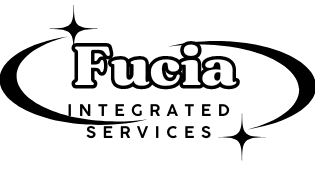Here are some essential accounting best practices for small businesses:
- Accurate and up-to-date records: Maintain detailed records of all financial transactions, including invoices, receipts, and bank statements.
- Regular reconciliation: Reconcile your bank and credit card accounts monthly to ensure accuracy and identify any discrepancies.
- Separate business and personal finances: Keep your business and personal finances separate to avoid confusion and simplify tax preparation.
- Use accounting software: Utilize accounting software to streamline your financial management and automate tasks. There are several free accounting software you could use.
- Hire a professional accountant: Consider hiring a professional accountant for complex tasks or if you're unsure about accounting principles. Good thing our services are very much affordable and negotiable.
- Stay organized: Maintain a system for storing and organizing your financial documents.
- Back up your data: Regularly back up your financial records to prevent data loss.
- Stay updated on tax laws: Keep informed about changes in tax laws and regulations.

By following these best practices, you can improve the accuracy and efficiency of your small business's accounting and make informed financial decisions.
Would you like a more specific advice on a particular accounting topic? Let us know in the comment section below.
